DNVN - With the proposal to increase special consumption tax by 100% by 2030 by the Ministry of Finance , experts are concerned and worried that this increase will cause consequences for the economy; while businesses in the industry say this is an unprecedented and shocking increase that will negatively impact the stability of the entire industry as well as the budget revenue situation...
The draft revised Law on Special Consumption Tax (SCT) is being discussed at the 8th session of the 15th National Assembly , including a proposal to increase tax on beer.
The Ministry of Finance proposed two options. Option 1, increase the tax rate from the current rate of 65% to 70%, 75%, 80%, 85%, 90% each year in the period from 2026 to 2030. Option 2, increase the tax rate from the current rate of 65% to 80%, 85%, 90%, 95%, 100% each year in the period from 2026 to 2030.
Meanwhile, in document No. 128 dated August 22, the Vietnam Beer, Alcohol and Beverage Association (VBA) proposed to keep the rate at 65% in 2026, increase to 70% in 2027-2028, increase to 75% in 2029-2030, and increase to 80% from 2031.
According to Ms. Nguyen Minh Thao, Central Institute for Economic Management (CIEM), the proposal of the Ministry of Finance lacks a comprehensive assessment basis, does not fully consider the cross-sectoral impact, and does not take into account the current situation of enterprises and the market. She said that the arguments are mainly based on the perception of the drafting agency and the time of application is not suitable for the actual context.
In more specific analysis, experts said that increasing special consumption tax on beer according to the Ministry of Finance's plans will cause significant impacts on the beer industry, the economy, workers' income and the state budget.

Dr. Nguyen Minh Thao, Central Institute for Economic Management (CIEM).
Regarding the impact on GDP, according to experts, it is also very worrying. Option 1 reduces more than VND14,000 billion, equivalent to 0.035% of GDP; Option 2 reduces VND32,300 billion, equivalent to 0.08% of GDP; and Option 3 reduces VND8,590 billion, equivalent to 0.017% of GDP. Thus, if GDP decreases by 0.08%, the economic growth target set by the National Assembly will not be achieved.
Also from an expert perspective, Ms. Dinh Thi Quynh Van - Chairman of PwC Vietnam cited data compiled from reports and estimates of the beer industry, saying that the total beer market consumption output in 2022 is 3.8 billion liters; increasing to 4.1 billion liters in 2023. In 2024, beer consumption output is forecast to decrease due to the impact of the general economic downturn.
It is estimated that the retail price of beer in 2030 due to the impact of special consumption tax (assuming other costs and profits remain unchanged) will increase by an average of 20-30% compared to the retail price in 2024 in all three segments: high price, medium price and low price.
According to market data for the period 2018-2022, when tax rates are stable, product prices in all segments increase, and average consumption output also increases (excluding the sudden and unusual impacts of COVID-19 and Decree 100). At the same time, the proportion of product consumption in the high-end segment tends to increase, while the proportion of consumption in the low-end and popular segments tends to decrease.
Analyzing possible scenarios when special consumption tax increases sharply, Ms. Van said that by 2030, total consumption and revenue of the whole industry will decrease sharply. Consumption output will naturally decrease by -1%/year, natural price increase will be 1%/year, price elasticity of demand when price increases (PE) will be 0.5%, manufacturers will increase prices to offset 50% of the additional special consumption tax cost. State budget revenue will increase but not sustainably.
From this analysis, according to the Chairman of PwC Vietnam, it is necessary to carefully consider and evaluate the impacts from all aspects. Delay the tax increase schedule to avoid shock increases that negatively affect the market and industry. At the same time, it is necessary to consider changing the tax model to be consistent with international experience and practice.
From a business perspective, citing feedback from beer industry businesses, Mr. Nguyen Thanh Phuc - Director of External Relations of Heineken Vietnam said that this is a shocking and unprecedented increase and will negatively impact the stability and sustainable development of the entire beer industry as well as the budget collection situation in localities; even failing to achieve the goals set by the Government.
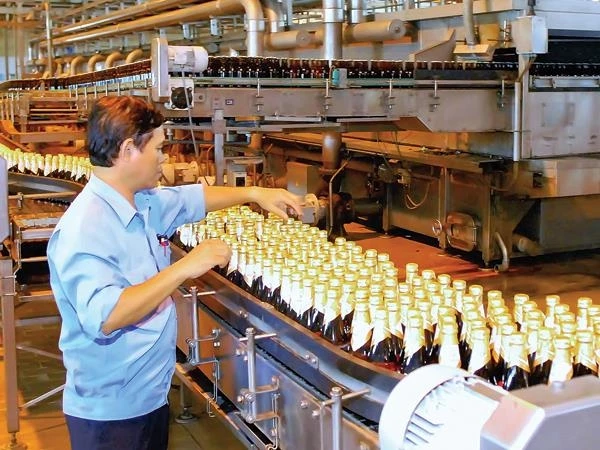
Beer industry businesses believe that the Ministry of Finance's proposal is an unprecedented and shocking increase that will negatively impact the stability and sustainable development of the entire beer industry.
"I think that tax increases need to ensure the principles of maintaining stability, harmony, nurturing revenue sources and being consistent with economic scenarios. At the same time, we need to aim to build a predictable investment environment and public policies to strengthen the confidence of foreign investors," Mr. Phuc proposed.
According to Mr. Phuc, policy making must ensure a real impact assessment and implement a mechanism to receive and explain comments from people and businesses. Currently, even with the plan that the industry is proposing to the Government and the National Assembly, which is considered the most harmonious and has the least negative impact, the added value of the beer industry will still decrease by VND38,329 billion, and lead to many other socio-economic consequences.
Tax increases impact market dynamics. They impact the value chain of small and medium-sized enterprises, hinder business development, negatively impact social security, and increase the risks of illegal trade.
Heineken Vietnam, along with other beer companies and the Vietnam Beer - Alcohol - Beverage Association, proposed to keep the special consumption tax rate unchanged for one year from 2026 when the revised law takes effect, meaning the first tax increase will be in 2027. After that, to let consumers gradually adapt to the new price due to the increase in special consumption tax, the tax will be increased once every 2 years and each time by 5%, until 2031 when it will increase to a maximum of 80% and remain stable.
"Instead of focusing on increasing taxes, we should promote the implementation of a comprehensive set of solutions by changing consumer behavior in a positive direction through propaganda programs and raising awareness about the safe and responsible use of alcoholic beverages," Mr. Phuc suggested.
Moonlight
Source: https://doanhnghiepvn.vn/kinh-te/chinh-sach/de-xuat-tang-thue-tieu-thu-dac-biet-100-voi-bia-doanh-nghiep-soc-/20241119055014599


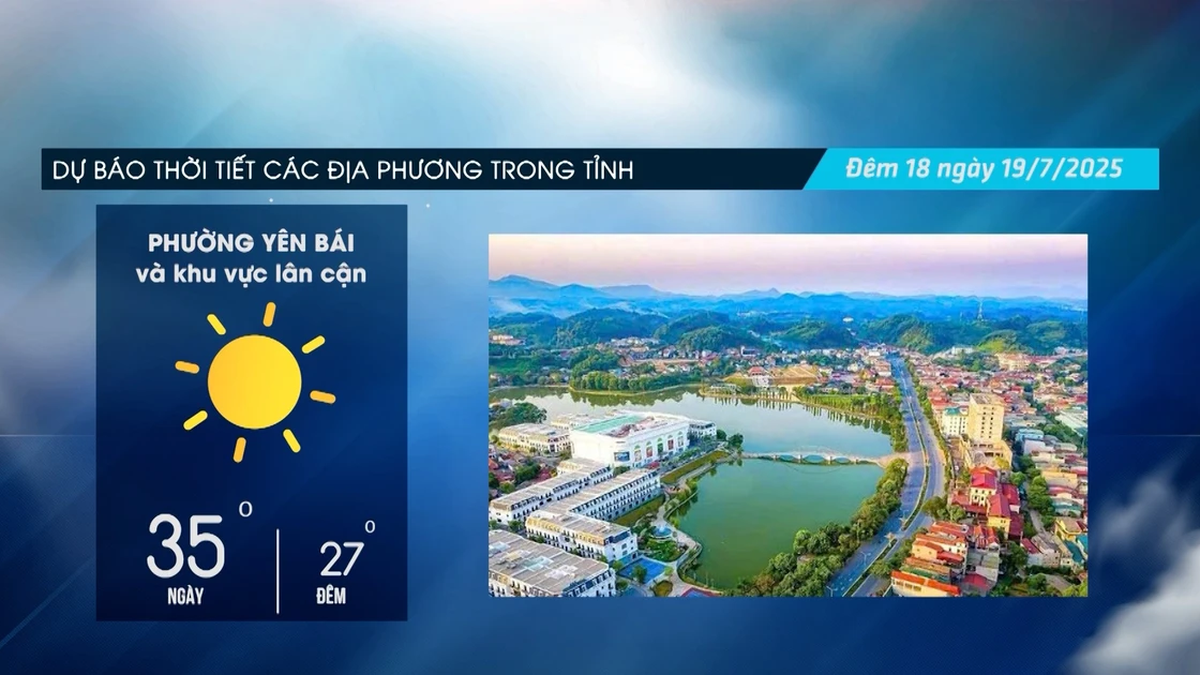

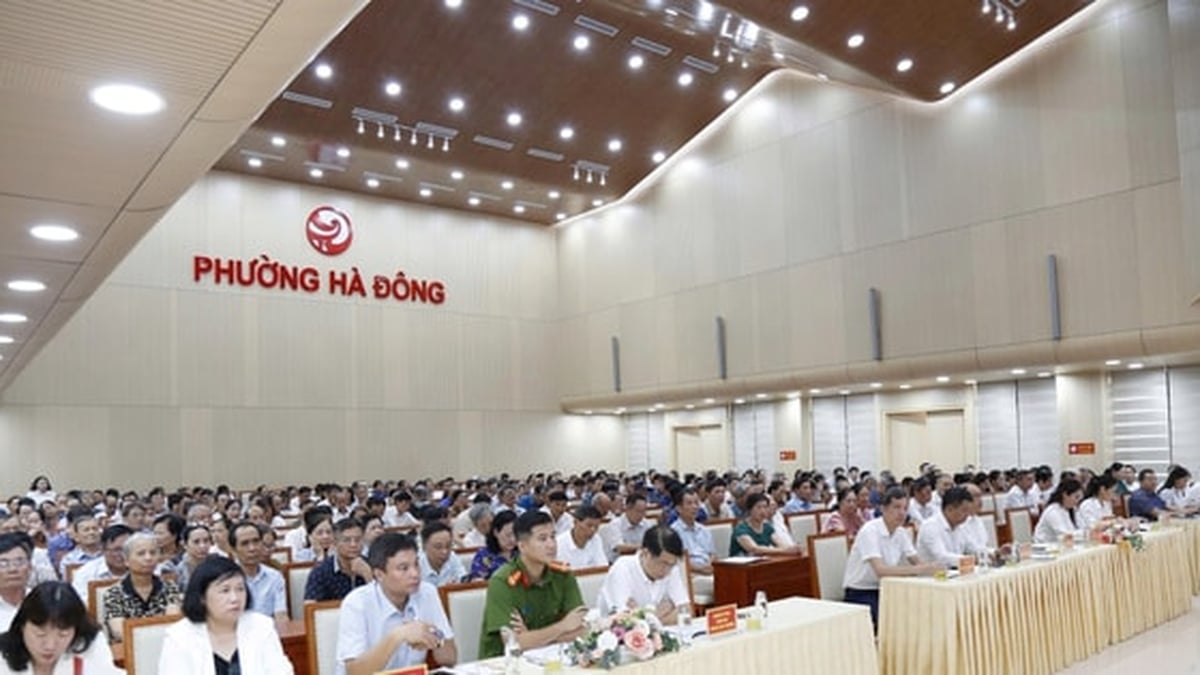
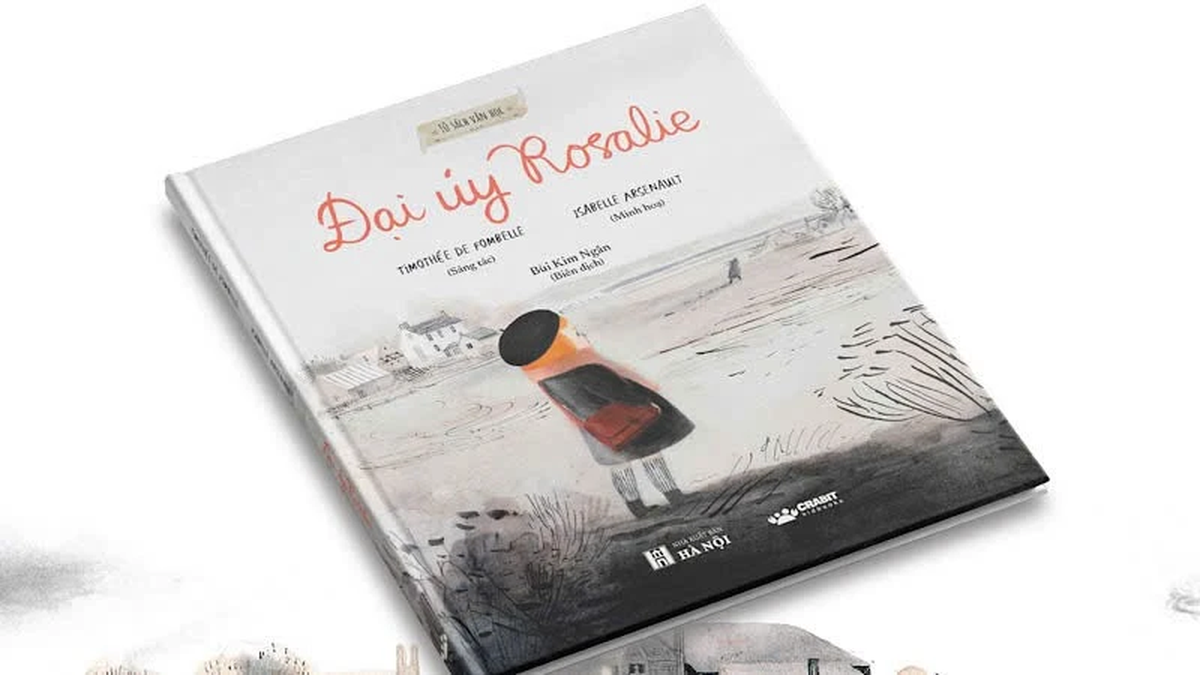
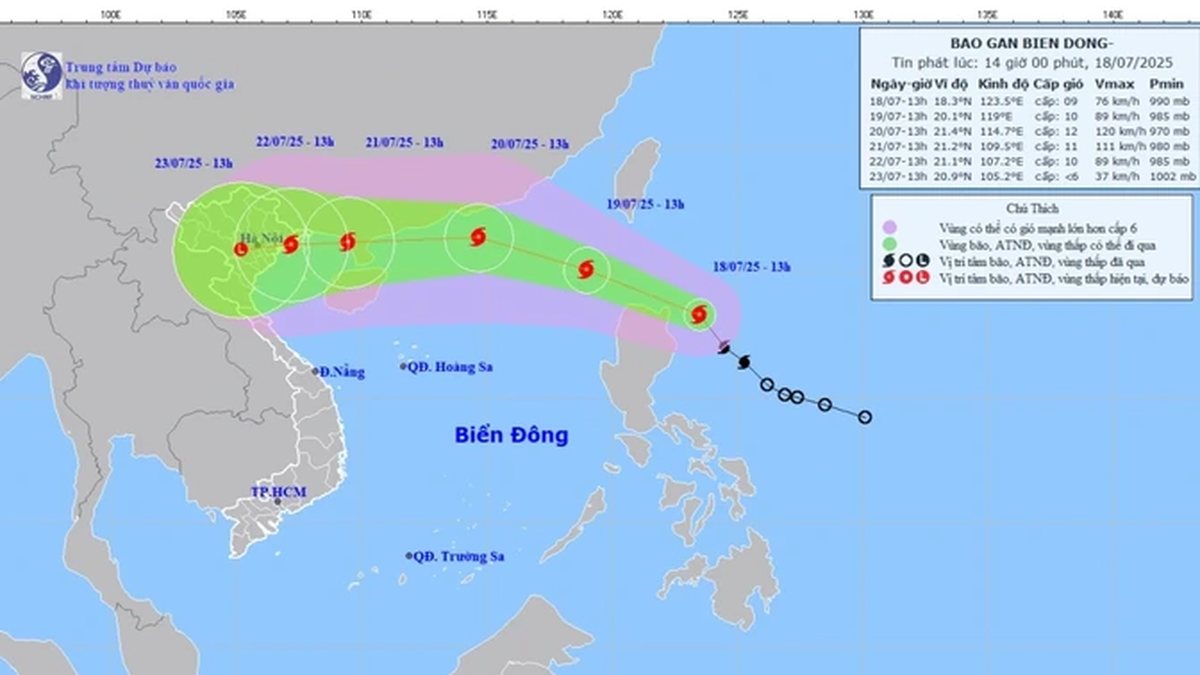




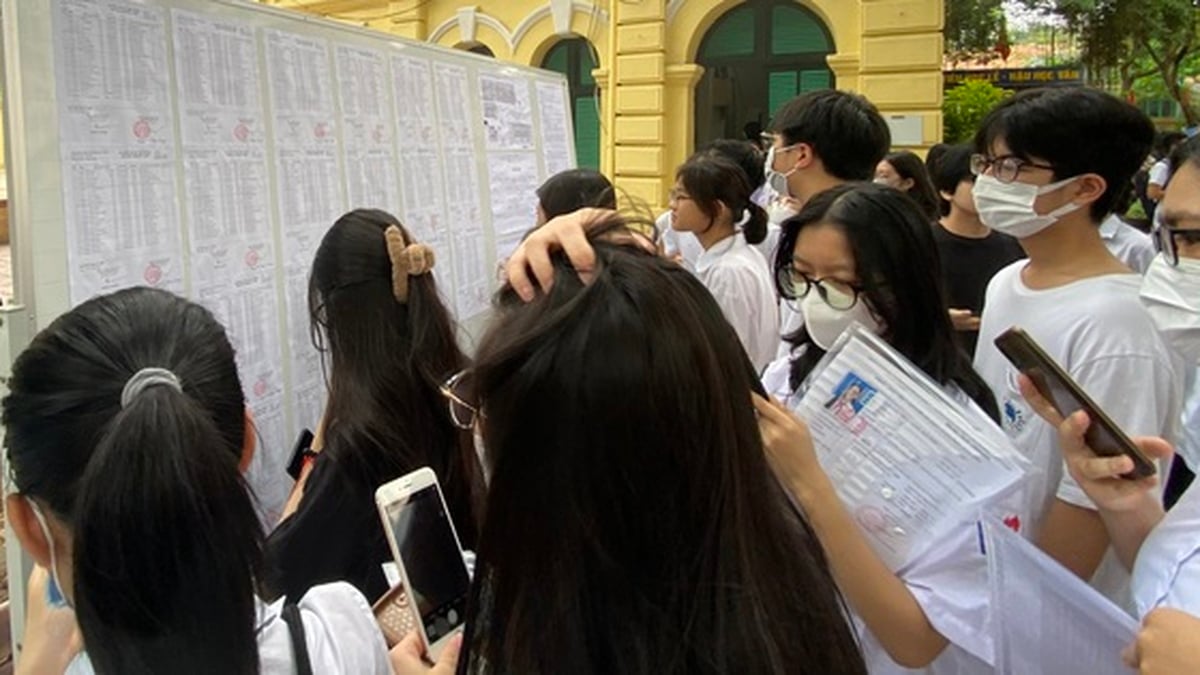



























































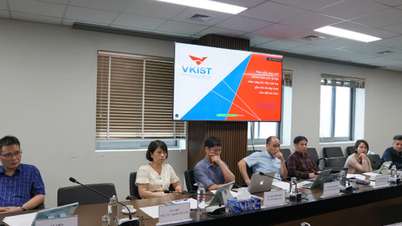






















![[Infographic] In 2025, 47 products will achieve national OCOP](https://vphoto.vietnam.vn/thumb/402x226/vietnam/resource/IMAGE/2025/7/16/5d672398b0744db3ab920e05db8e5b7d)





Comment (0)